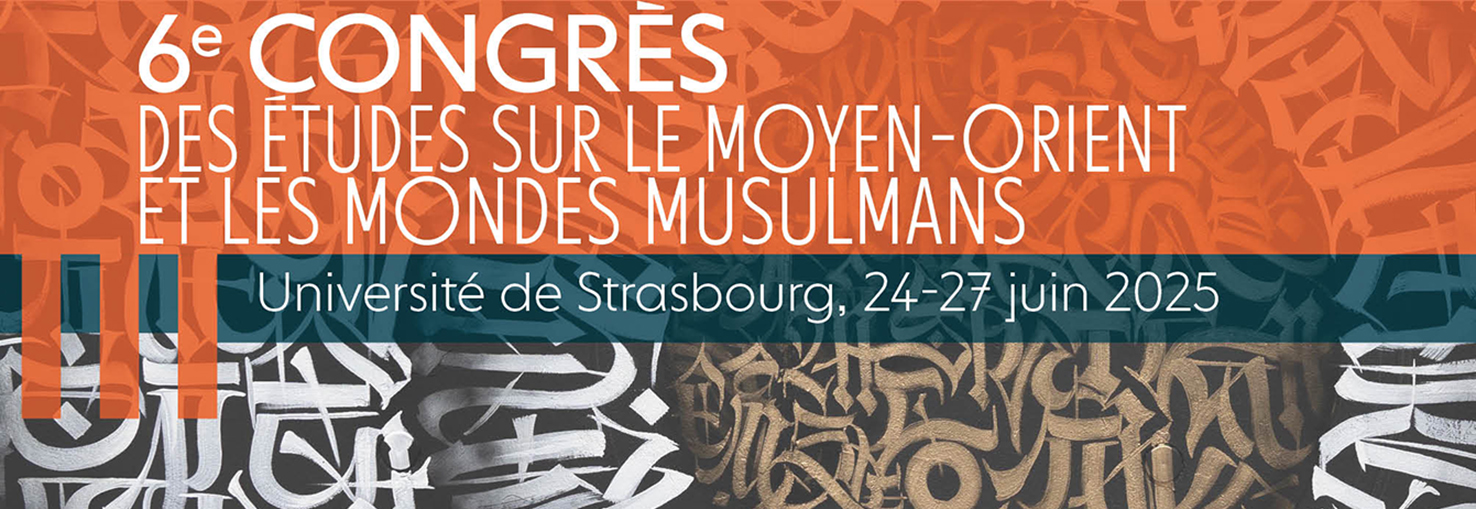Jeudi 26 juin 2025, 8h30-10h30, Salle 3R-02
RESPONSABLE :
Rémi Carcélès (Aix-Marseille Université, Mesopolhis)
INTERVENANTS :
Tony Rublon (Université de Poitiers, MIGRINTER) : Mobilités et pratiques transnationales des Kurdes installés en France
Transnational mobility and practices of Kurds living in France
Armand Aupiais, Yoann Morvan, Zelal Koç et Mustafa Celebi (Aix-Marseille Université, Mesopolhis) : Immigrés et descendants d'immigrés dans l'émergence d'un pôle transnational kurde à Marseille
Immigrants and their descendants in the emergence of a Kurdish transnational pole in Marseille
Paul Cavaillé (Université Paris 8, IFG Lab) : Les Yézidis du Sinjar en France : Une population à la marge de la kurdicité
The Yazidis of Sinjar in France: A population on the margins of Kurdishness
Rémi Carcélès (Aix-Marseille Université, Mesopolhis) : Un espace des mouvements sociaux relatifs à la cause kurde spécifique à la France ?
A specific space for social movements relating to the Kurdish cause in France?
DISCUTANT :
Stéphane De Tapia (Université de Strasbourg, LinCS)



